A recent survey from the Employment Policies Institute paints a dire picture for California’s fast-food industry following Governor Gavin Newsom’s implementation of a $20-an-hour minimum wage.
The survey reveals that a staggering 89% of fast-food companies surveyed have reduced employee hours less than a year after the wage hike.
Job Cuts and Closed Doors
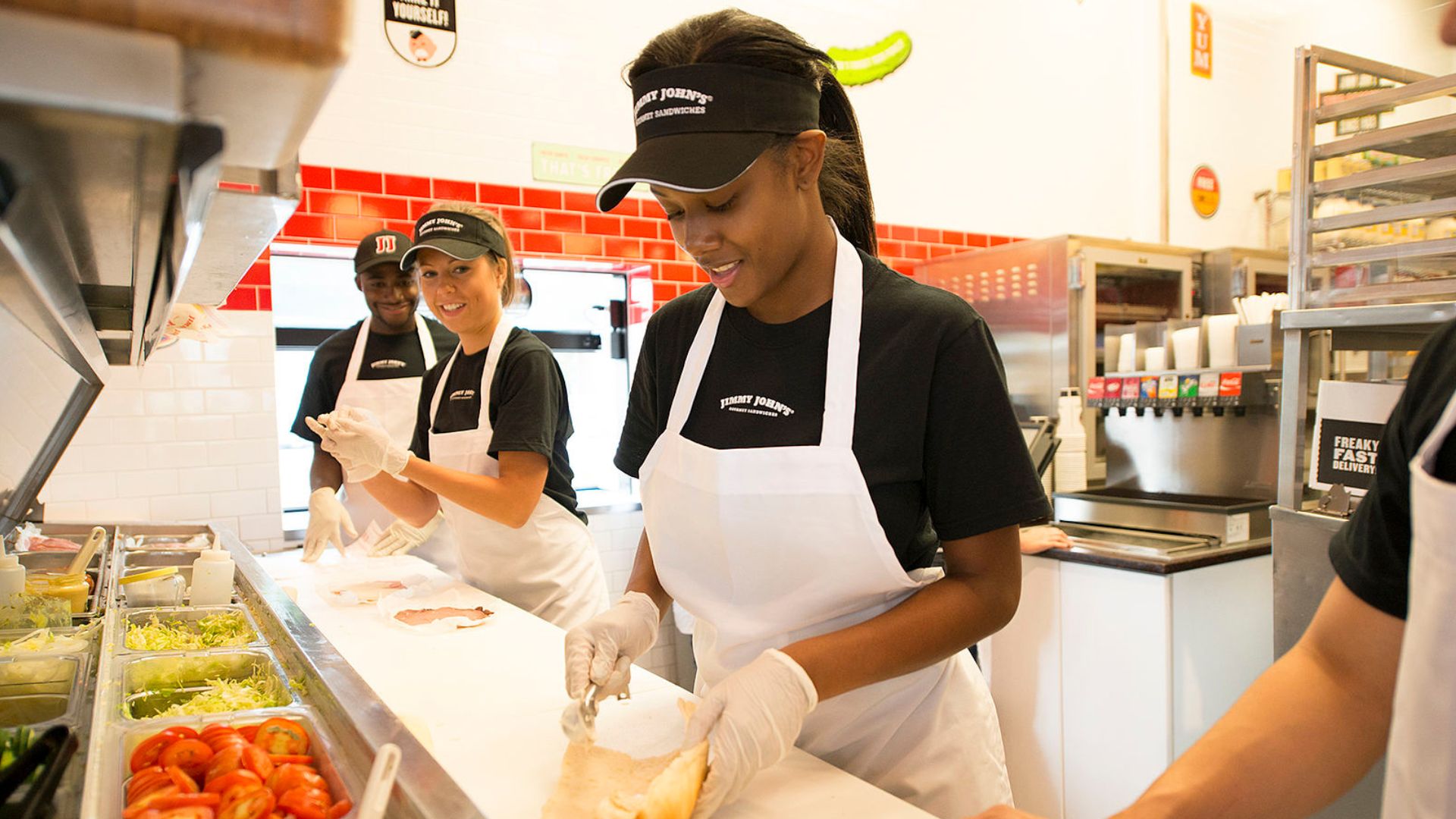
The fallout is severe—some fast-food locations are not only cutting hours but also laying off staff entirely.
The law, celebrated by many as a progressive victory when signed last fall, is now under scrutiny as small franchisees and their employees bear the brunt of its consequences.
Limited Opportunities for Remaining Workers
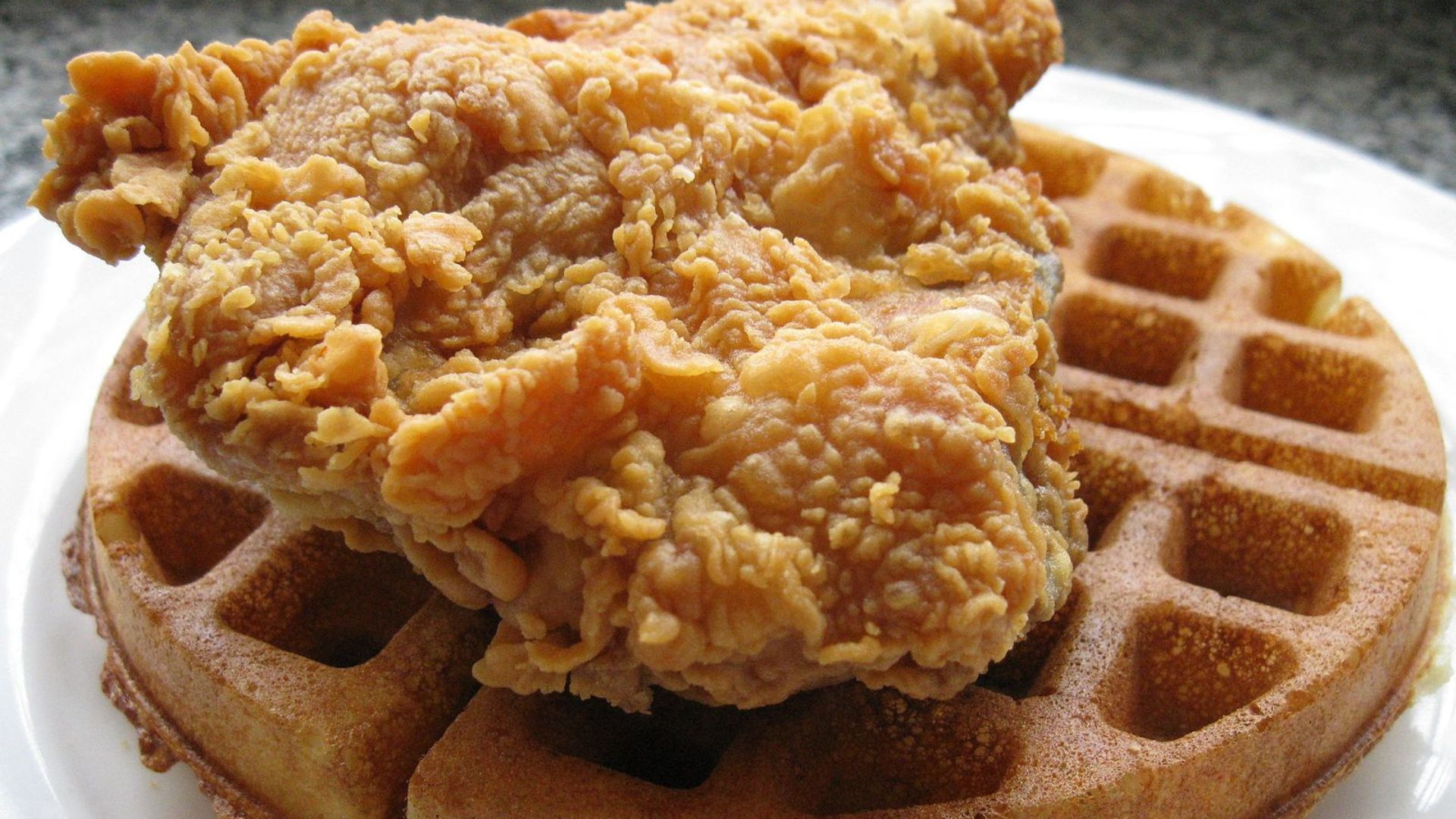
For the workers who have kept their jobs, the new minimum wage law has brought another challenge: reduced access to overtime and fewer shifts.
The opportunities to earn more, which many relied on, have diminished, affecting their overall income.
A Deep Dive into the Survey’s Findings
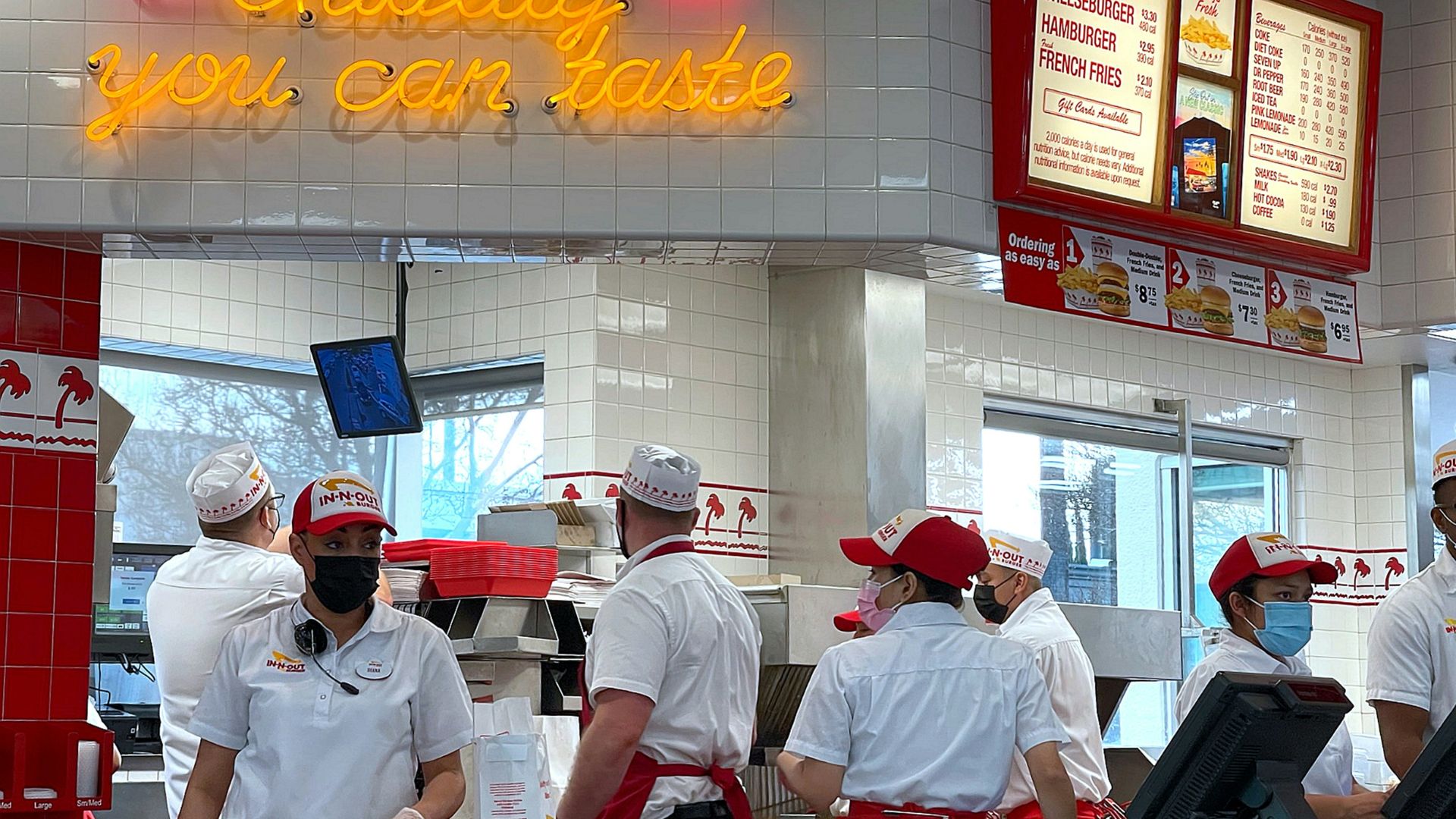
The Employment Policies Institute’s study included responses from 182 limited-service restaurant operators across California.
This comprehensive analysis was conducted between June and July, following the state’s release of alarming job loss figures.
Hollywood Icon Shuts Down
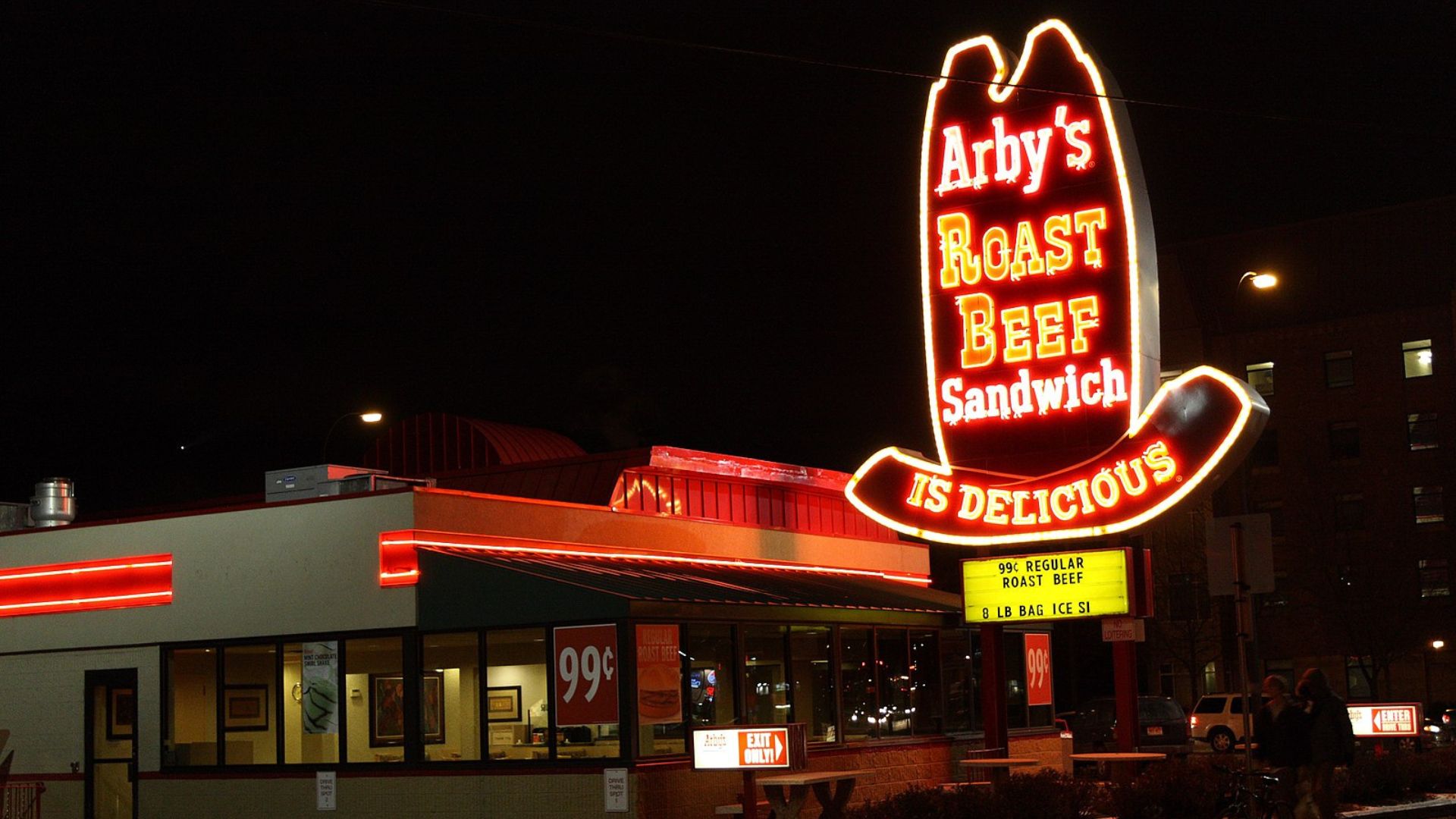
In a poignant example of the industry’s struggle, the iconic Arby’s Roast Beef in Hollywood closed its doors in June after 55 years of service.
The closure marked a significant loss, signaling broader industry challenges.
Marilyn Leviton’s Heartfelt Goodbye
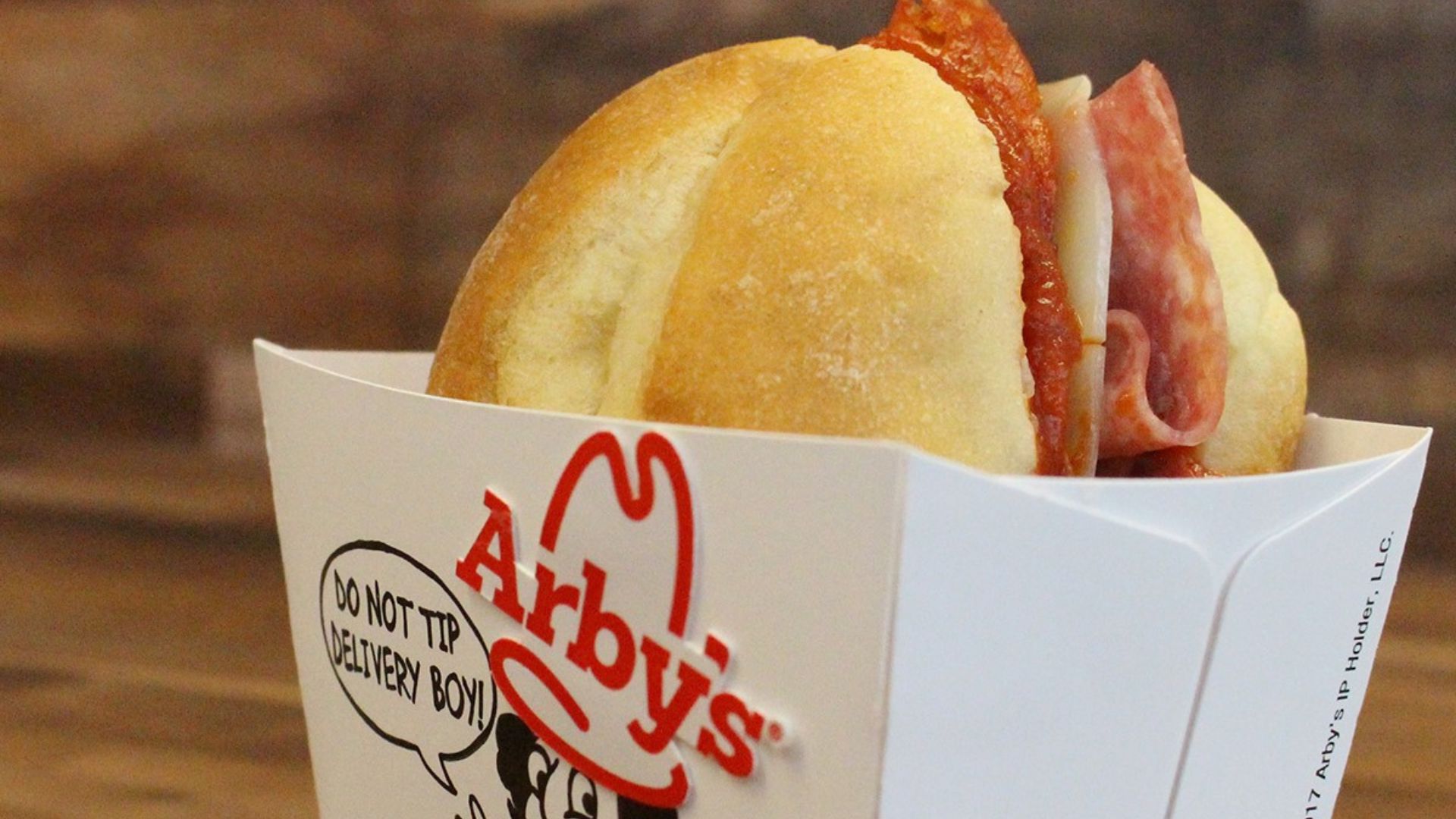
Marilyn Leviton, 91, the owner of the now-closed Arby’s, attributed the closure partly to the pandemic but noted that the recent minimum wage law was the “proverbial nail in the coffin.”
Her farewell message, “TY for 55 great years,” echoed a somber end to a longstanding business.
Widespread Price Hikes and Staff Cuts

The survey highlighted that a massive 98% of respondents have raised their menu prices.
Additionally, 70% have had to reduce staff or consolidate positions as a direct response to the increased wage demands.
The High Cost of Staying in Business
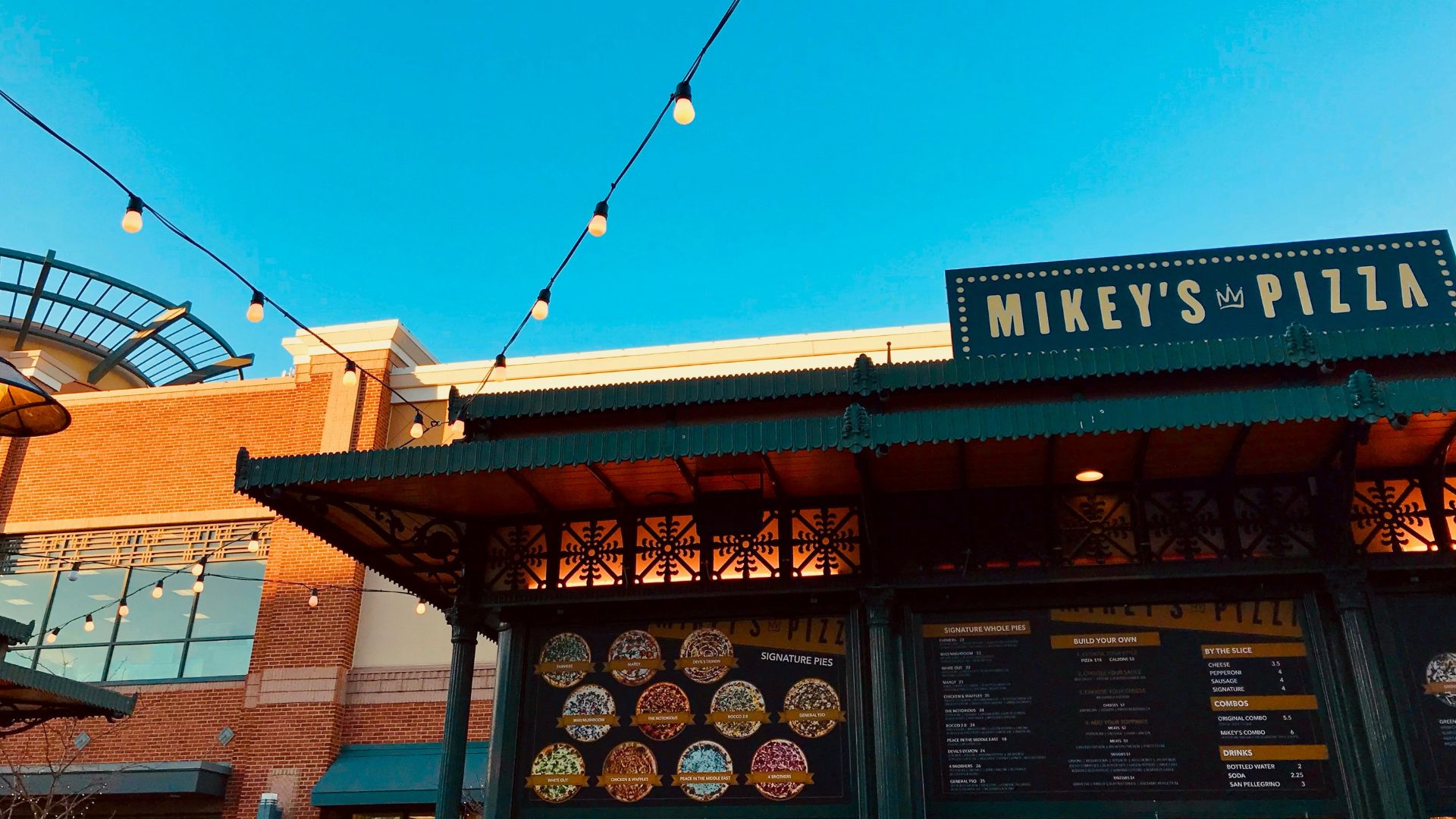
Business owners are feeling the pinch, with 67% stating that the new minimum wage could cost them an extra $100,000 per location.
The financial strain is prompting tough decisions about staffing and service levels.
Future Outlook: Price Increases and Reduced Expansion

A concerning 93% of surveyed businesses anticipate raising their prices further.
89% are less likely to expand within California due to the high operational costs associated with the new wage law.
Considering Moves Out of State

The high minimum wage is pushing 59% of the businesses surveyed to consider expanding operations out of state, where they can find more favorable wage conditions.
This trend could reshape the fast-food industry landscape in California.
The Looming Threat of Closures

An overwhelming 74% of respondents believe there’s an increased likelihood of having to shut down their restaurants permanently.
This sentiment demonstrates the existential threat many are facing in the current economic climate.
What’s Next for the Fast-Food Industry?
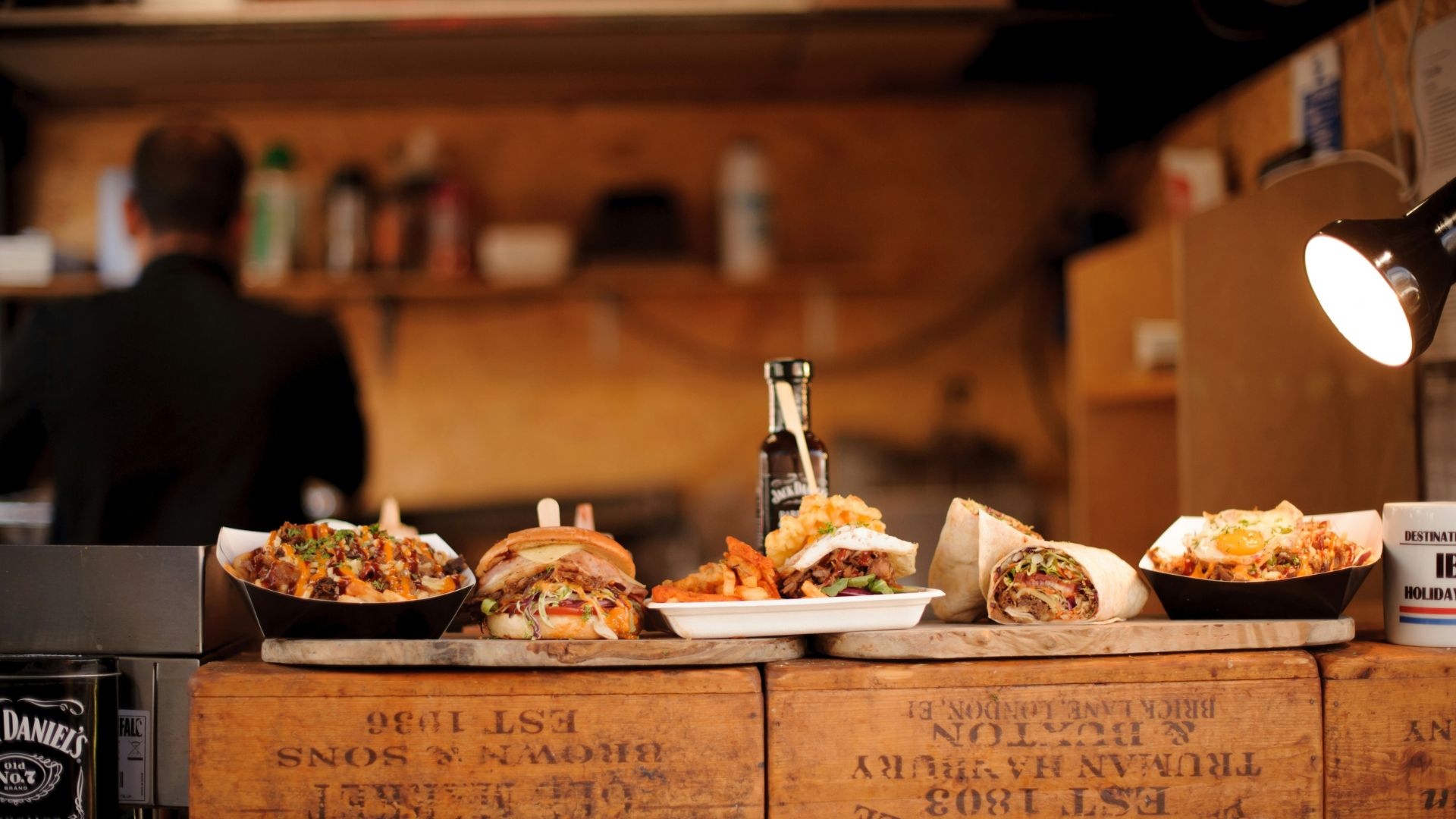
California officials are gearing up for a fast-food industry council meeting next week, aiming to assess the full impact of the minimum wage increase.
This gathering will be crucial for understanding the long-term effects of the law and planning the path forward for the struggling sector.
